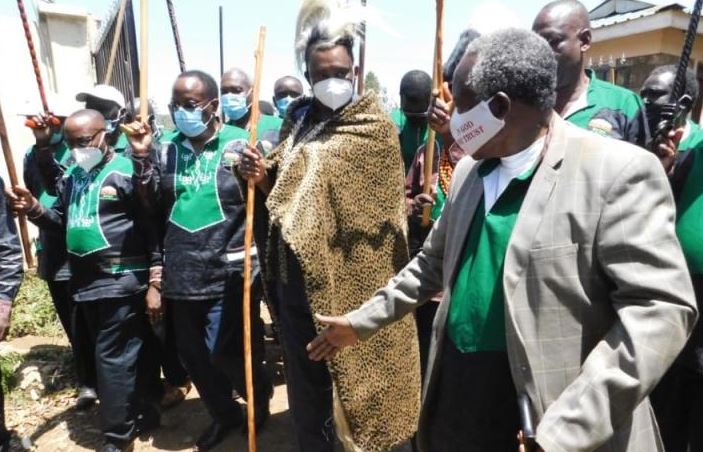×
The Standard e-Paper
Join Thousands Daily

Elders who were initially relied upon by communities for guidance on culture and tradition now involve themselves in divisive political issues.
A fortnight ago, a section of Mijikenda elders kicked off a controversy after they installed ODM leader Raila Odinga as a Duruma elder at Samburi in Kwale.